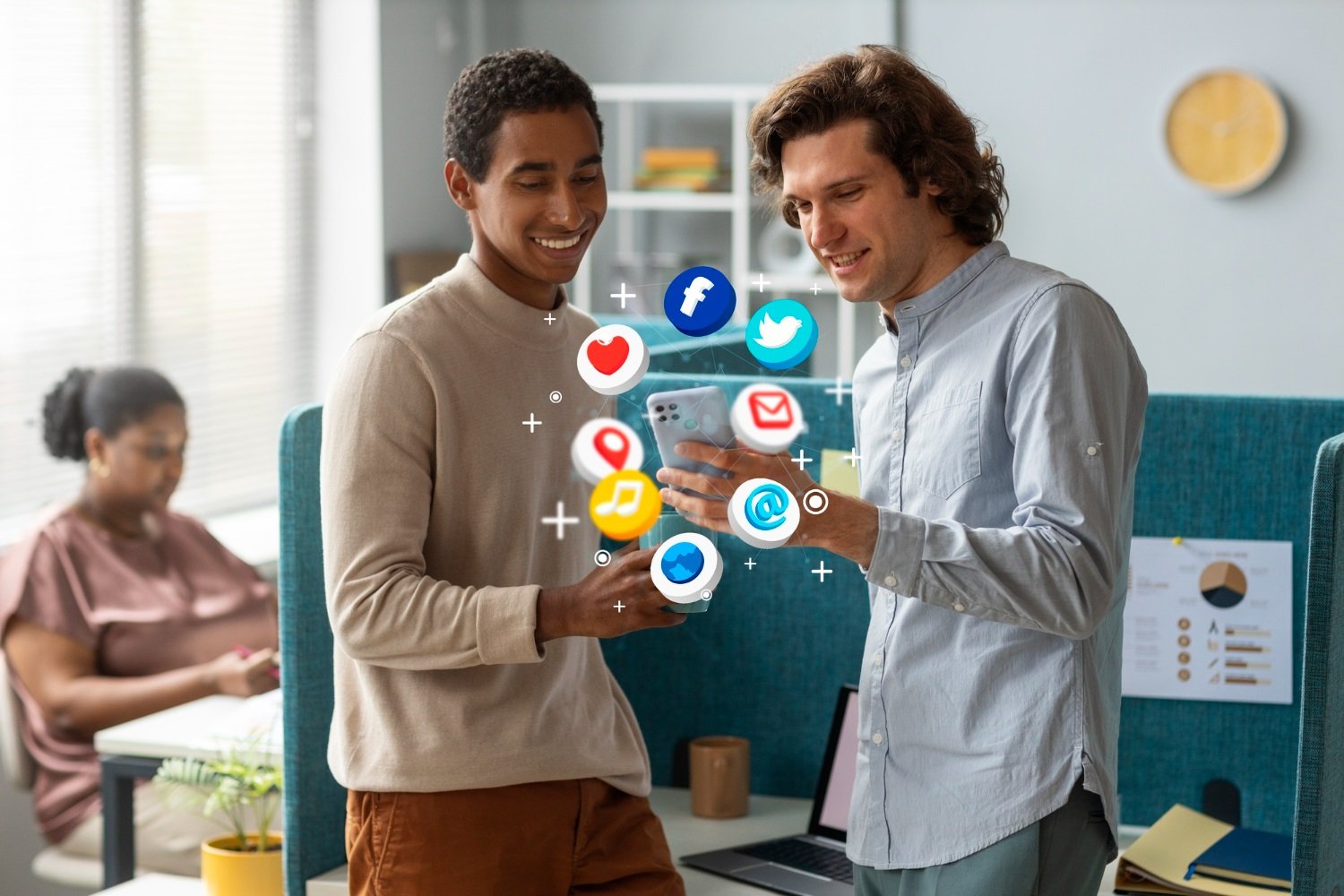Social Media and Colleagues
Social Media and Colleagues
Why failing to exercise boundaries on Social Media Platforms can be a costly mistake?
There have been many examples of people losing their jobs because of silly social media posts that have gone viral and caused controversy. In today’s age of social media, individuals have the ability to share their thoughts, opinions, and personal lives with a global audience in real-time. However, this can also lead to unintended consequences when posts are deemed offensive, inappropriate, or damaging to the reputation of an individual or organization.
Social Media – A Double-Edged Sword?
Social media has revolutionized the 21st Century changing the way we communicate and interact with each other. On the one hand, social media has numerous benefits, such as allowing us to connect with friends and family across distances, to find and join communities that share our interests, and to access information and news from around the world in real time.
It also enables us to express our creativity, promote our businesses and causes, and even to influence public opinion and policy, thereby democratizing media and somewhat neutralizing the traditional media houses.
With the rise of social media, people no longer rely solely on traditional media houses for news and information. Instead, they can access a range of sources, including citizen journalism, independent bloggers, and social media influencers, who provide diverse perspectives and insights. This has created a more level playing field and reduced the influence of traditional media houses, which were often criticized for promoting biased or selective narratives.
However, there are also significant dangers associated with social media, such as cyberbullying, harassment, and online abuse, the spread of misinformation and fake news, and the erosion of privacy and personal data. Social media can also be addictive, leading to a range of mental health issues, such as anxiety, depression, and loneliness.
Not all people perceive us with the same perceptions on Social Media.
Let us look at an example. Recently in August 2022, Sanna Marin, the Prime Minister of Finland, was forced to take a drug test. The problem began after a video surfaced on social media in which Marin appeared to be under the influence of drugs. She was cleared of the charges in November 2022.
The video was taken during a private party with friends and was not meant for sharing on social media. But such private videos often get leaked, and they go viral. This sparked concerns about the Prime Minister’s fitness to lead. In response, Marin issued a statement denying that she had ever taken drugs and calling the accusations “baseless and completely false.” She also stated that she was willing to take a drug test to prove her innocence.
Despite the denials and assurances, the incident has raised questions about the role of social media in politics and the extent to which private behavior can impact public perception and trust in political leaders.
Being the youngest Prime Minister of the world who assumed office while she was only 34 years old, Sanna Marin could have avoided this whole controversy had she been more careful, especially when there are cameras or smartphones around. Additionally, she could have ensured that her private gatherings were not recorded or shared on social media to avoid unwanted attention and speculation.




